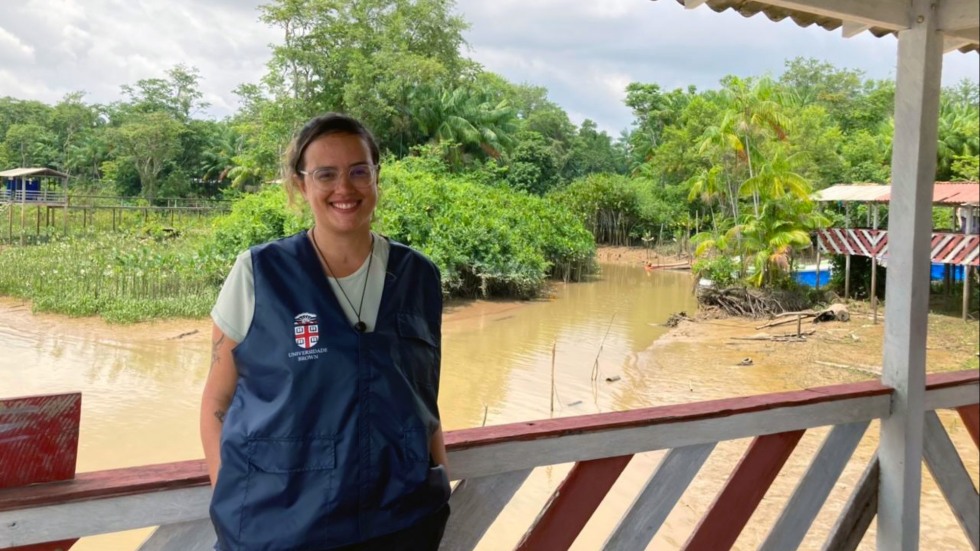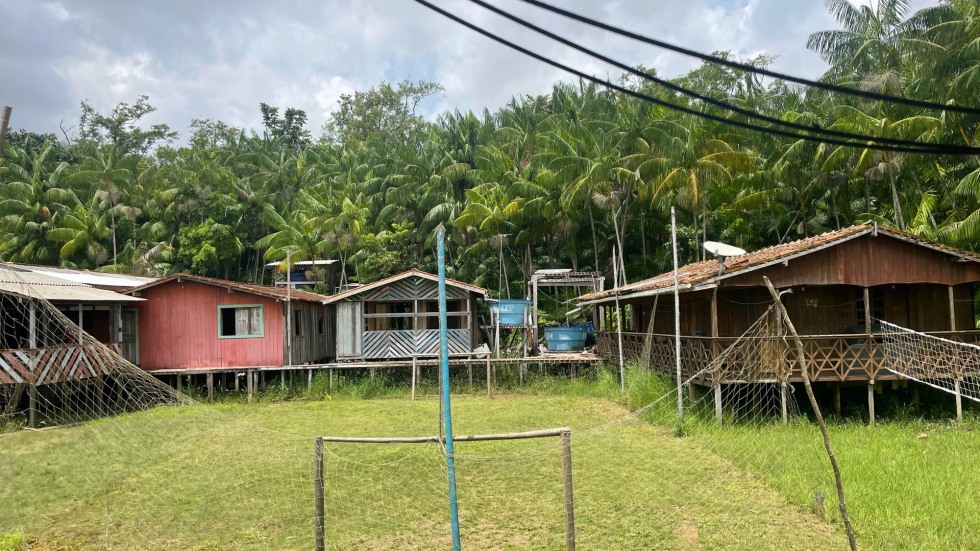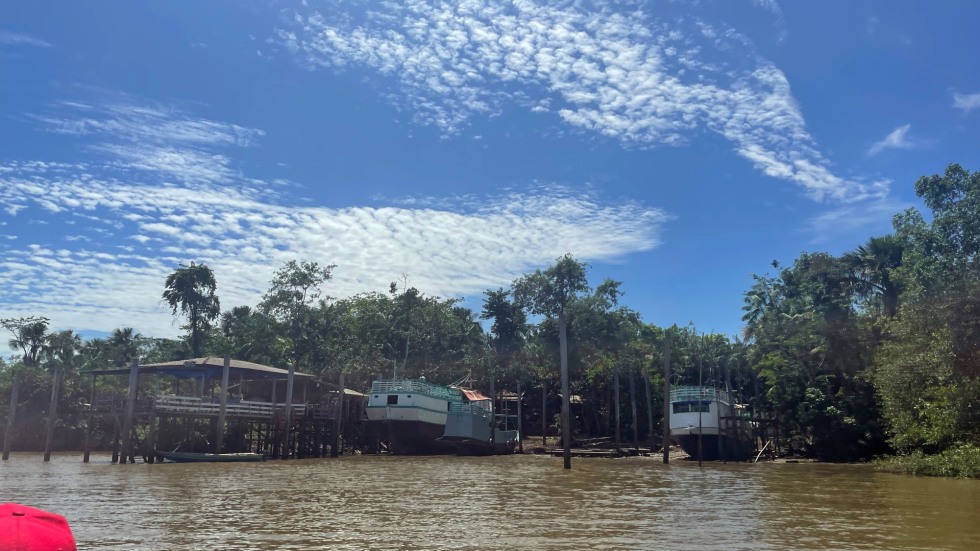Blair said, "Currently, there is little systematic evidence on the underlying causes and dynamics of violence perpetrated against frontline environmental defenders, or on potentially promising strategies to protect them. We seek to help fill this gap."
The lab has also undertaken several smaller-scale projects, including reassessing the efficacy of U.N. peacekeeping outside sub-Saharan Africa and evaluating partisan bias in political science research on U.S. democratic erosion. Political science Ph.D. student Sara Ansari serves as co-PI on the U.N. peacekeeping project, which examines whether UN peacekeeping is an effective mechanism for curbing violence and reducing the risk of civil war recurrence outside of Africa. Blair noted that while there is a sizable body of evidence that shows U.N. peacekeeping operations are effective at preventing civil wars and violence against civilians in sub-Saharan Africa, their efficacy in other locales remains understudied. Blair said, “We are replicating and extending a large number of existing findings from recent studies to assess their generalizability outside of Africa.”
Shreya Singh, also a Ph.D. student in political science, serves as co-PI on the project studying partisan bias in social science research. The lab is evaluating the extent and consequences of partisan bias in political science research on democratic erosion in the U.S. The goal is to identify and reanalyze multiple studies that make claims about the dangers posed by the Republican Party based on quantitative data. The lab seeks to "reweight" claims about democratic backsliding by establishing a subset of indicators that both Democratic and Republican partisans agree pose a threat to democracy.
The lab's research efforts were bolstered by a seminar taught by Blair in the fall of 2024 entitled Democratic Erosion. The course is part of the Democratic Erosion Consortium, a global network of scholars, policymakers, practitioners and students co-founded and co-directed by Blair.
Justice Policy Lab
The Justice Policy Lab is headed by John Eason, Watson Family University Associate Professor of Sociology and International and Public Affairs. The lab's research focuses on reducing and ending racial, economic and health disparities by critically examining the causes of place-based inequality.
This year, the lab hired Chloe Haimson, a research associate, as its director of research and public engagement to assist Eason in leading all lab activities.
The lab's primary project is an investigation into the impact of the closure of carceral facilities on young people, families and rural communities. The lab's goal with this project, according to Eason, "is to support the creation of resources and economic development pathways for rural communities as they close prisons, as well as to reduce demand for prisons in these communities."
Over the past year, the lab conducted four fieldwork trips to Blythe, California, a racially diverse rural community undergoing the closure of the Chuckawalla Valley State Prison. Eason said the lab "conducted 15 interviews with community members, city council members, the school superintendent, NGOs, and local business owners" through Eason's Abolition as Policy course.
Students in the class conducted quantitative research on the effects of the prison openings and closures on the school systems across the country, including the number of operational schools, school enrollment, racial demographics, and school budgets. Eason presented the findings at the Institute for Research on Race and Public Policy this spring.
Lab students presented findings from another lab project, "Investigating the Connections Between the Supervised Society and the Great American Migration Slowdown," at the Population Association of America Conference in April. The project examines the potential impact of the carceral state on inter-county and inter-state residential mobility patterns in the state of Arkansas.
Eason and his collaborators published papers in several prominent journals that draw on the lab's work, including the Journal of Crime and Justice, the Annual Review of Criminology, and the American Journal of Sociology.
Realizing Rights Lab
John Hazen White Professor of Public Policy, Susan Moffitt, leads the Realizing Rights Lab. The lab focuses on identifying and remedying barriers to rights central to the operation of American governance — voting and education.
To expose students to the lab's active research in a classroom setting, Moffitt created a new seminar for international and public affairs and political science students, titled "Turning Rights into Realities." The course connected students with lab data, brought practitioners into the classroom, and equipped students with the tools they need to produce original research.
Students also engaged with the lab's research on a more formal level. The lab hired three undergraduate research assistants, Leo Caplan, Cassy Coleman and Brianna Paliz, and three MPA research assistants, Adriana Gonzalez, Morgan Rielly and Neha Valmiki. The lab also hired three political science Ph.D. students, Alejandro Contreras, Maya Nuñez and Niamh Stull. Other team members include MPA alumni David Benoit and Hannah Rosenstein, as well as Bryan Natividad, a Ph.D. graduate of Brown's sociology and data science programs. To create opportunities for mentoring, the lab held weekly group and subgroup meetings.
All of this activity resulted in a variety of academic and applied policy publications, as well as several policy reports. Lab members published articles on disability rights in education in a variety of peer-reviewed journals, including Educational Researcher, Exceptional Children, British Journal of Educational Psychology, and Remedial and Special Education. The lab has a robust pipeline of work in progress, with several articles on voting rights and disability rights currently under review or in development.


